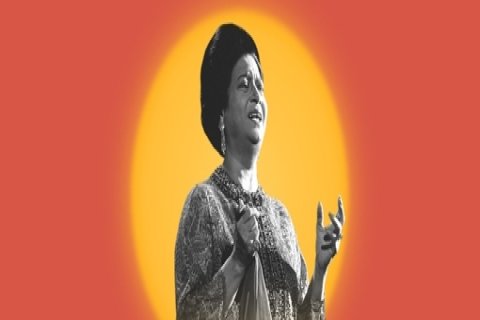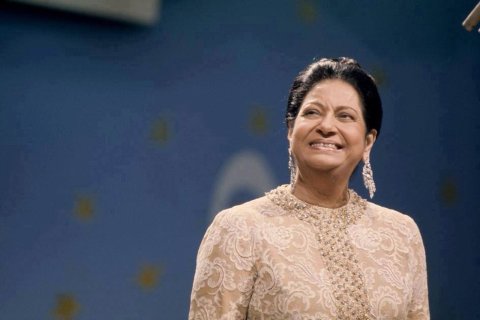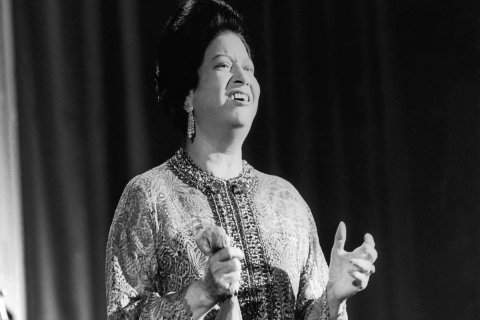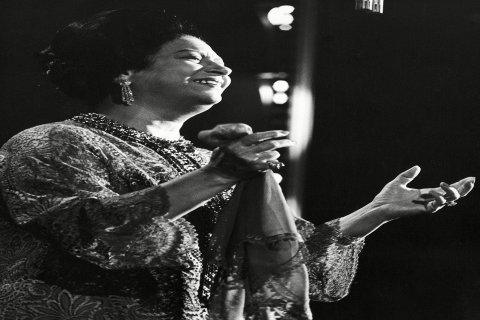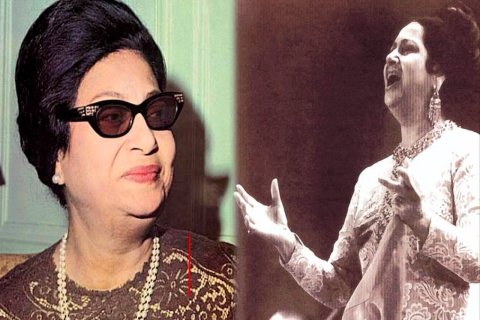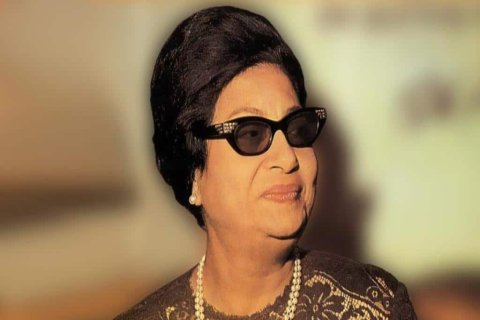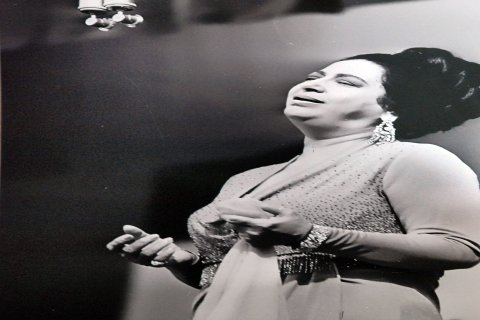Umm Kulthum
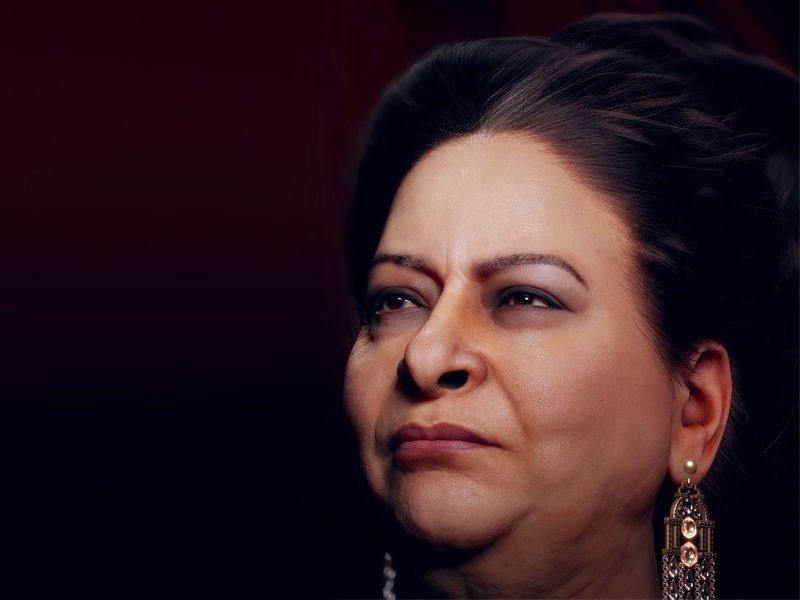
Umm Kulthum (born Fatimah Ibrahim al-Sayyid al-Biltagi; 31 December 1898 – 3 February 1975) was an Egyptian singer, songwriter, and actress. Widely considered to be one of the greatest and most influential singers in the Arab world, she is often referred to as "the Lady of Arabic Song" or "Kawkab el-Sharq" (Star of the Orient).
Umm Kulthum was born in Tamay ez-Zahayra, a small village in the Dakahlia Governorate of Egypt. She began singing at an early age, and by the time she was 16, she had become a professional singer. In 1923, she moved to Cairo, where she quickly rose to fame.
Umm Kulthum's music was a blend of traditional Arabic music and Western classical music. Her songs were often long and complex, and they frequently dealt with themes of love, loss, and longing. She had a powerful voice that could reach high registers, and she was known for her emotional intensity and her ability to connect with her audience.
Umm Kulthum was a hugely popular singer both in Egypt and throughout the Arab world. She toured extensively, and she was also a regular performer on radio and television. She was also a successful actress, appearing in several films.
Umm Kulthum's music continues to be enjoyed by people all over the world. She is considered to be one of the most important and influential singers in the history of Arabic music.
Here are some of Umm Kulthum's most famous songs:
- "Enta Omri" (You Are My Life)
- "Al-Atlal" (The Ruins)
- "Alf Leila Wa Leila" (A Thousand and One Nights)
- "Rameth Edawy" (My Sand)
- "Othkoreny" (Remember Me)
- "Ya Masr, Ya Om El Dunya" (Oh Egypt, Mother of the World)
Umm Kulthum's music has been praised by critics and fans alike for its beauty, its emotional intensity, and its unique blend of traditional Arabic and Western classical music. She is considered to be one of the greatest singers of all time, and her music continues to inspire and delight people all over the world.

